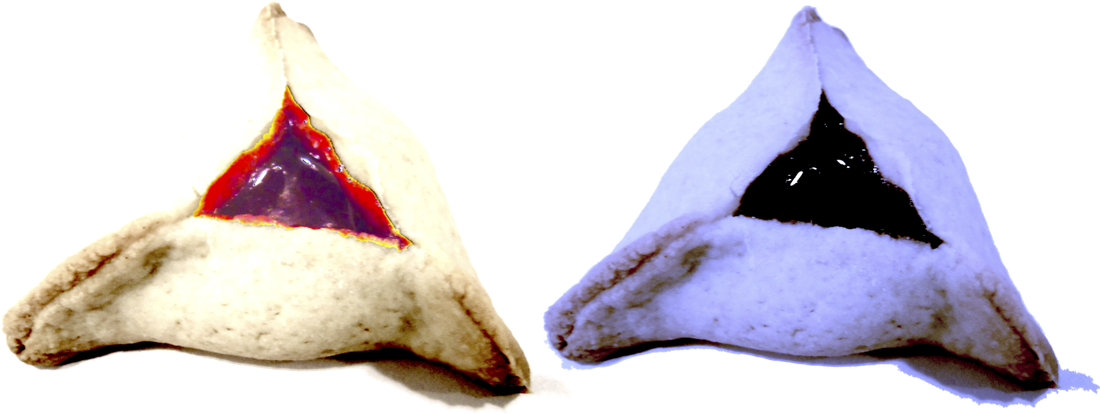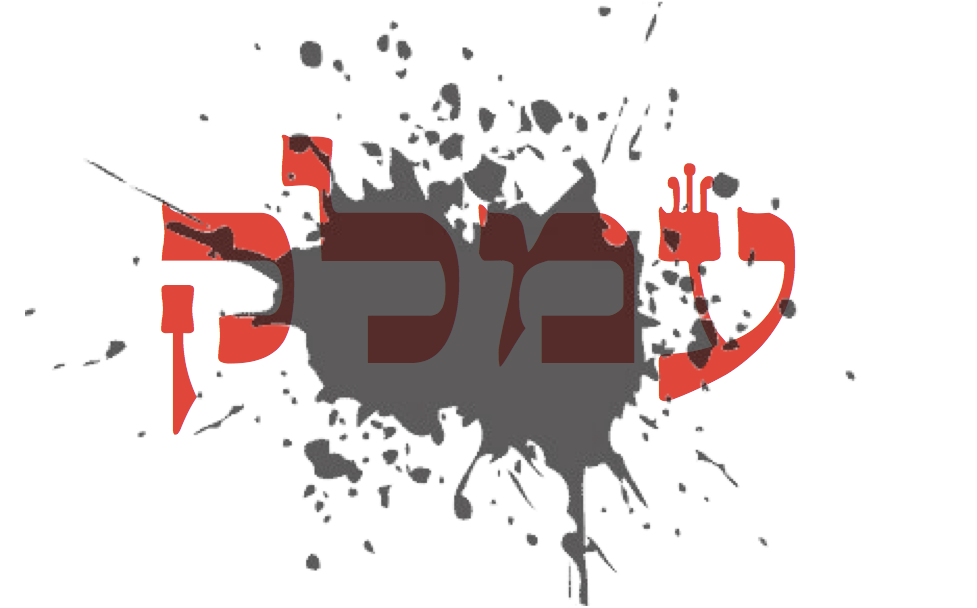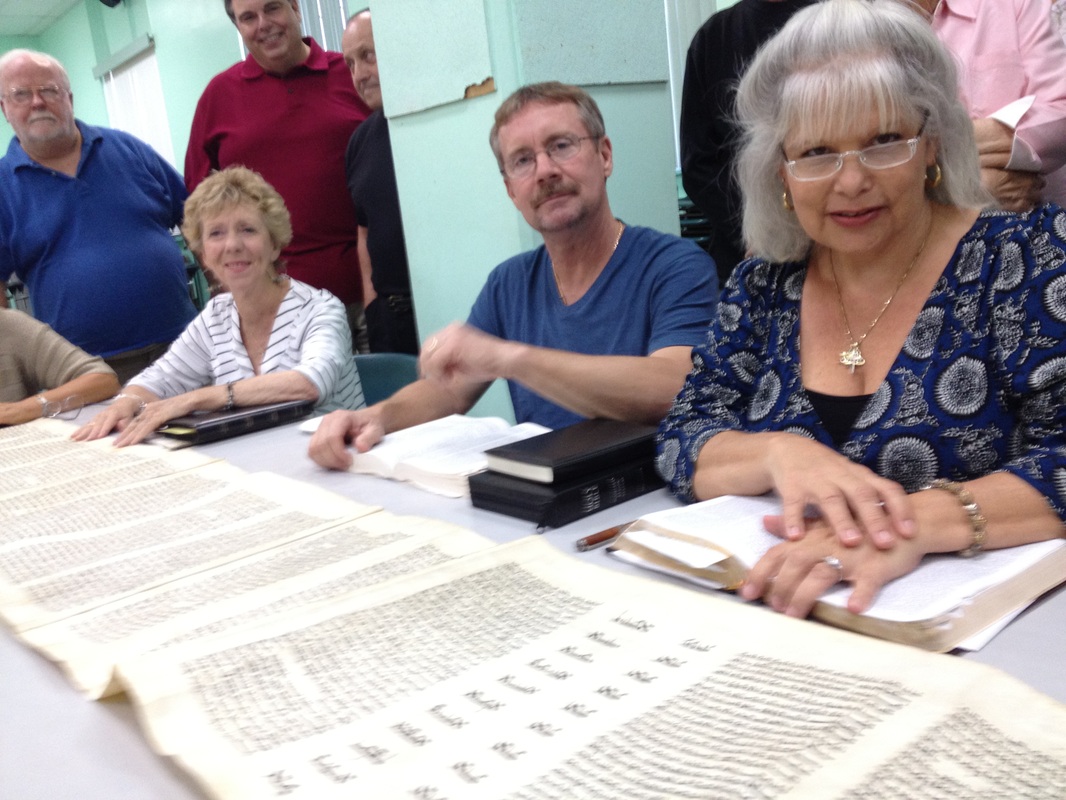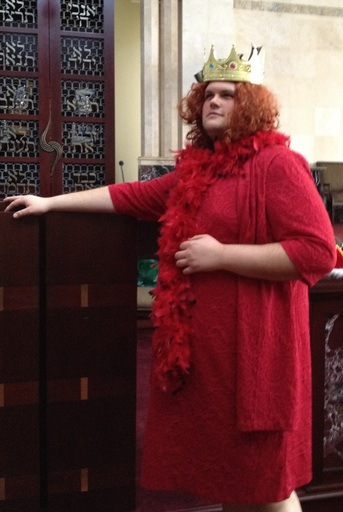
The message comes from the observation that the Book of Esther, the story we read on Purim, is the only book in the Hebrew Bible in which God's name is never mentioned. On the surface, Esther looks like a book in which God is absent. However, upon looking closer, we see that God's presence is actually hidden throughout.
In the story, Esther hesitates when Mordechai asks her to speak to the King to save the lives of the Jews. She knows that she would risk her life to do so, and, naturally, she is frightened. Mordechai says to Esther, though, "On the contrary, if you keep silent in this crisis, relief and deliverance will come to the Jews from another quarter, while you and your father’s house will perish. And who knows, perhaps you have attained a royal position for just such a crisis" (Esther 4:14). Even without speaking God's name, Mordechai reminds Esther that God is working behind the scenes to give her an opportunity to save her people.
As we turn our attention from Purim and begin the advance toward Passover, this is a time to consider the message of the recently completed holiday and put it to use in the time of crisis we are now facing.
We are rightly scared by an invisible virus that has spread across the world. Each of us is worried about how COVID-19 will affect our lives and the lives of our families. I believe, though, that this is a good time to remember Mordechai's advice. If we act only to save our own lives – by hoarding supplies and shutting out the needs of those around us – we will be missing the barely audible divine voice that asks us to take action to save the lives of others. I want to ask you to pay attention to the hidden presence of God asking you to put aside selfishness and to act with courage.
Check in on your friends. Find out what they need and give a helping hand. Wash your hands with soap and water many times a day, before and after you eat, when you use the bathroom, when you are at school or at work, whenever you've been in contact with people. Avoid crowds and keep a respectful physical distance. Avoid touching your face. Don't shake hands or hug, but do find ways to exchange warm greetings without contact. While it is advisable for older people and people with serious medical problems to stay at home, don't become a hermit. COVID-19 is going to be with us for a long time and we all need to be prepared to maintain our social interactions safely.
At a time when everyone is anxious, be the brave soul who doesn't give in to fear. Hysteria is the friend of COVID-19, people caring for each other is its enemy. And – who knows? – maybe this is the moment that God has given you to make a difference that could save a life.







 RSS Feed
RSS Feed
